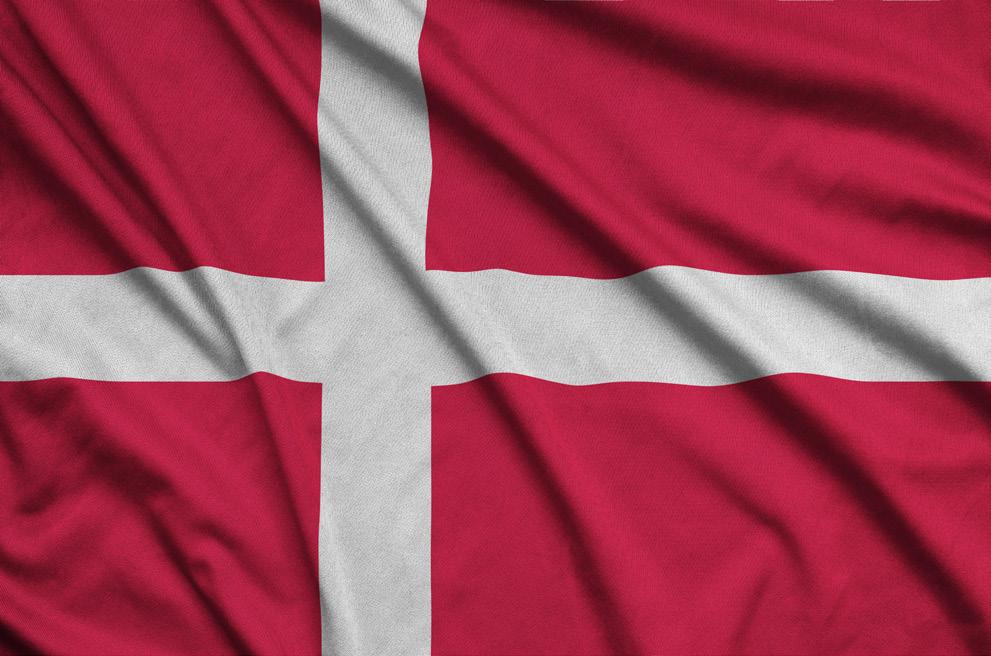
3 minute read
TRANSLATING HYDROGEN
from HIL Issue 14
The Role Translation Has On The Hydrogen Economy
by Chelsea Bailey
Advertisement
Negotiations between countries are difficult enough without having the complexity of definitions of hydrogen in the mix. Language has a huge role in boosting collaboration in the hydrogen economy.
In an emerging sector such as hydrogen, it can be difficult to find the language support needed to move into markets.
Communicating ideas in another language not only requires linguistic skill but a high level of technical understanding to ensure concepts are not misinterpreted.
The Hydrogen Translator works to translate technical and marketing content from German and French into English with accuracy and style so that companies can be confident that their message gets across accurately.
Hydrogen definitions need to be standardised on an international scale
Aston Business School published research in 2021 that investigated 415 small and medium-sized businesses. It revealed that companies making use of language capabilities are 30% more successful in exporting than those who don’t.
Companies can significantly increase their export sales by hiring people with language skills and high cultural intelligence, providing language training to existing staff and investing in professional translation services.
In the hydrogen industry, to ensure that companies are making the best use of this, the language we use to talk about hydrogen is crucial.
Hydrogen Industry Leaders spoke to Nicola Bottrell Hayward, Owner, and Principal Translator at The Hydrogen Translator about the importance of translation for the hydrogen economy.
She explained that when communicating, it is crucial to take into consideration the country and strategy you’re referring to: “You can look at all the different words in English that are used to describe and label hydrogen. For example, green, blue, clean, sustainable, renewable, low-carbon and zero emission. These all mean slightly different things depending where and when you are using it.”
When you are communicating with different countries, every country has their own different ways of describing hydrogen.
Nicola Bottrell Hayward Owner, and Principal Translator The Hydrogen Translator
Every country has their own way of describing hydrogen. For example, the UK Hydrogen Strategy differentiates between “electrolytic” and “CCUS-enabled hydrogen” and the German Hydrogen Strategy focuses on “green hydrogen”. France tends to use more vague phrases like “hydrogen with a low carbon footprint”, while the US in its Inflation Reduction Act talks about “clean hydrogen.”
It is essential that the hydrogen industry comes together to standardise definitions on an international scale. This is expressed in a recent report by the International Energy Agency (IEA), which has called the existing hydrogen terminology “impractical”.
Technology is providing the translation industry with a new challenge
One of the challenges that is facing the translation industry is the popular emergence of AI technology.
Nicola highlighted that ChatGPT is showing the potential technology has to create new content to improve efficiency: “There is a lot being written and spoken about ChatGPT and the impact that it might have on different jobs. It is something that the translation industry is looking at.”
ChatGPT has been designed specifically for conversational interactions and tested with human trainers. With its ability to offer opinions on different topics and answer questions, this technology is the most advanced language processing system.
Nicola explained that GPT is unlikely to replace people: “You can use it for translation, but it is prone to error and when mistakes are made, it can be costly for a company. Also, companies need to be proving accurate translations because it is a legal requirement.”
Continuing, she expressed that a lot of effort goes into creating a piece of writing and making shortcuts could end badly: “If you depend on a machine to generate the translation, things can get misconstrued and won’t be communicated properly. This could be embarrassing or end up being offensive.”
Translators can boost collaboration across the hydrogen sector
Nicola revealed that translation is unregulated in the UK and there is no official state authorised translator system in the country, unlike in others: “Stateauthorised translators in other countries are examined by their authorities and are on a certified list. The UK operates in a different way, so that can be particularly problematic.”
She recommended that companies looking for a translation partner should:
1 | Look for individual translators who are members of a recognised professional body. For example, the Institute of Translation and Interpreting.
2 | Look for a translation company which is a member of the above or the Association of Translation Companies, and look for an ISO certification.
3 | Look for a translator or a company with experience in your field. A specialist medical translator will not be the right person to translate your financial reports.
4 | Translators generally (with a few exceptions) translate into their native language. You want to work with someone who is a good writer in the language you want.
Overall, when looking for a translation partner, Nicola explained that it is about: “Looking for people who are particularly specialised in your industry. For example, you wouldn’t get a medical translator to work on your financial reports because you want someone who knows your jargon, and is up to date with the developments in your industry.”
To amplify the hydrogen economy, it is essential that ideas are communicated not only between different companies but different countries. Using language support through a translator will help to show a high level of technical understanding, plus promote collaboration and boost innovation in the industry.







